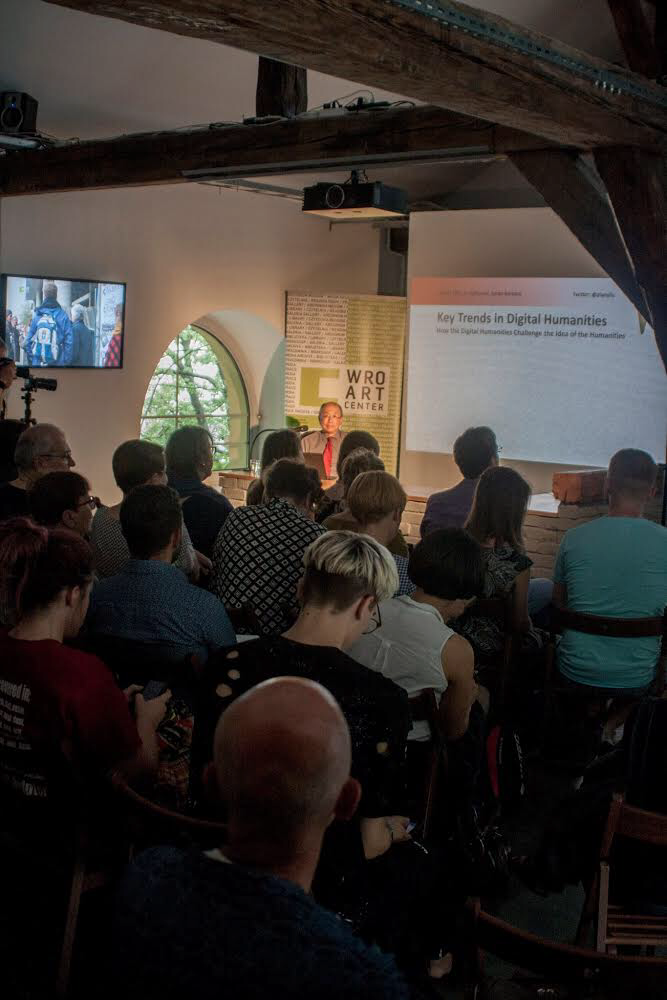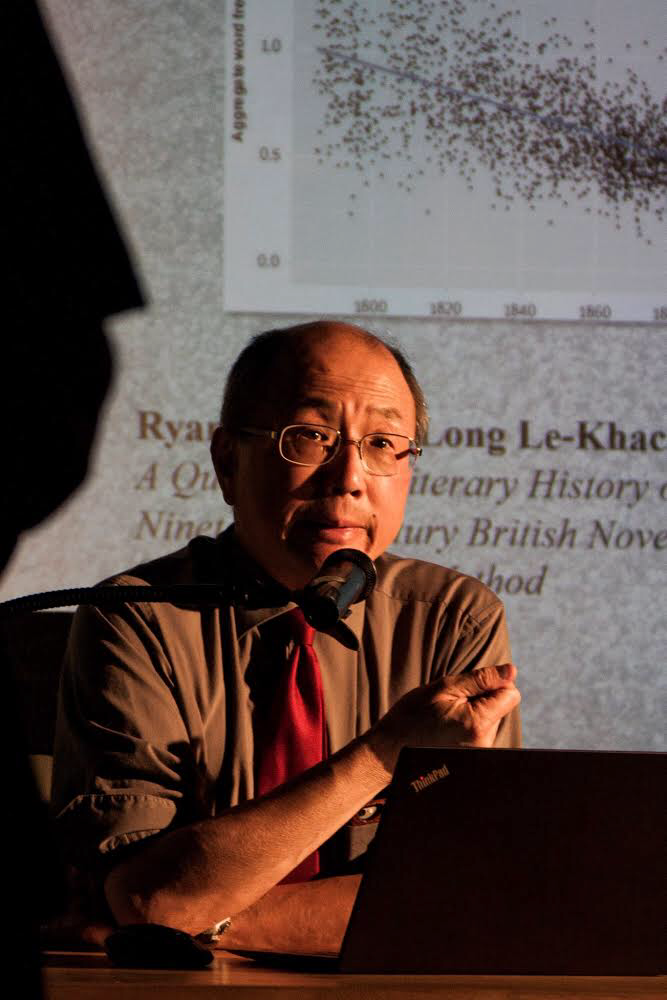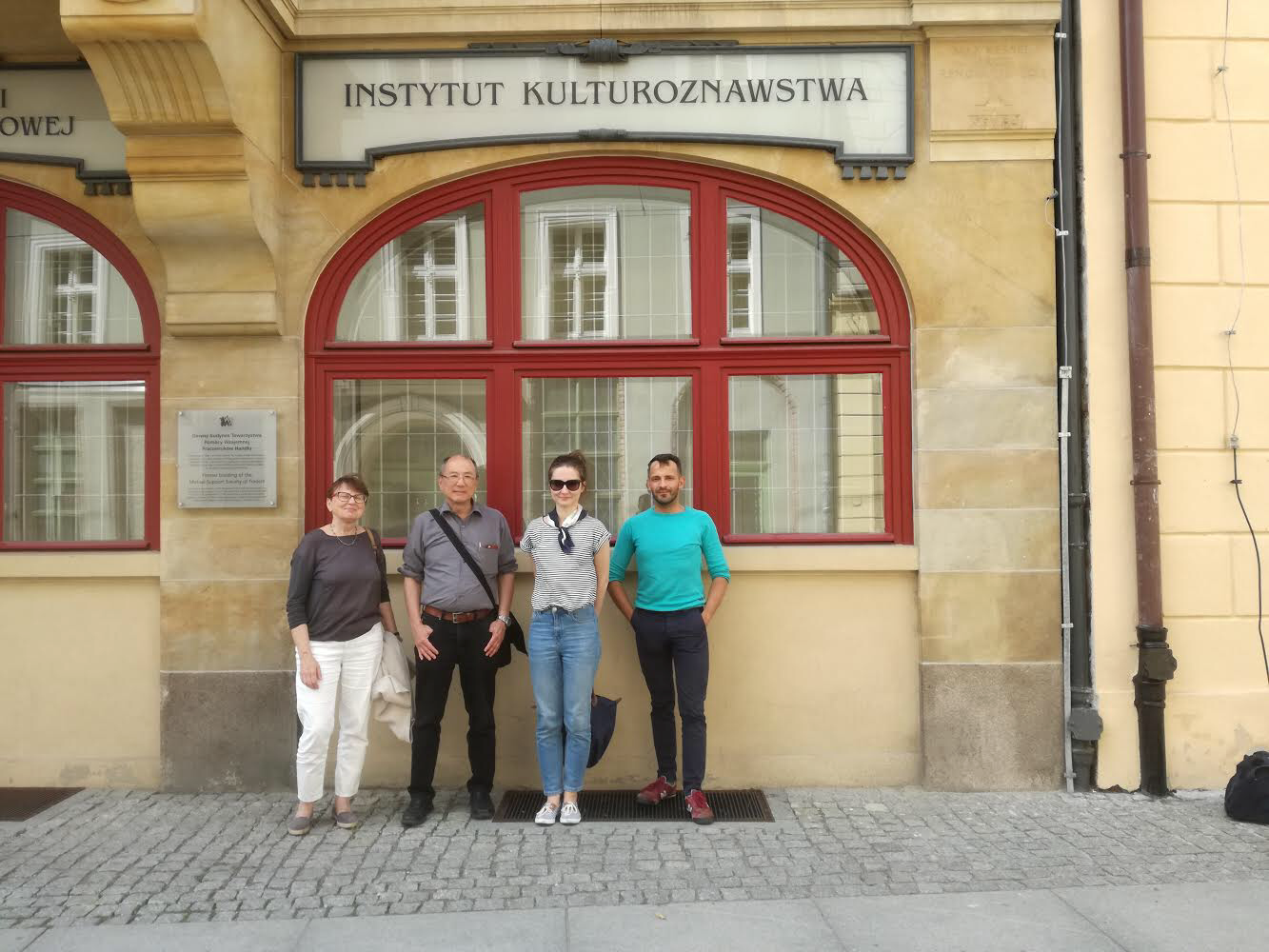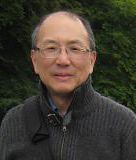| 2018 |
“Introduction to Critical Infrastructure Studies” (MLA Convention, New York, 2018)Categories Talks Talks
|
“Introduction to Critical Infrastructure Studies.” Panel on Critical Infrastructure Studies, Modern Language Association convention, New York, 6 January 2018.
- Full-text of this introduction prepared in advance on Web site for the MLA session (minor additions at the event).




